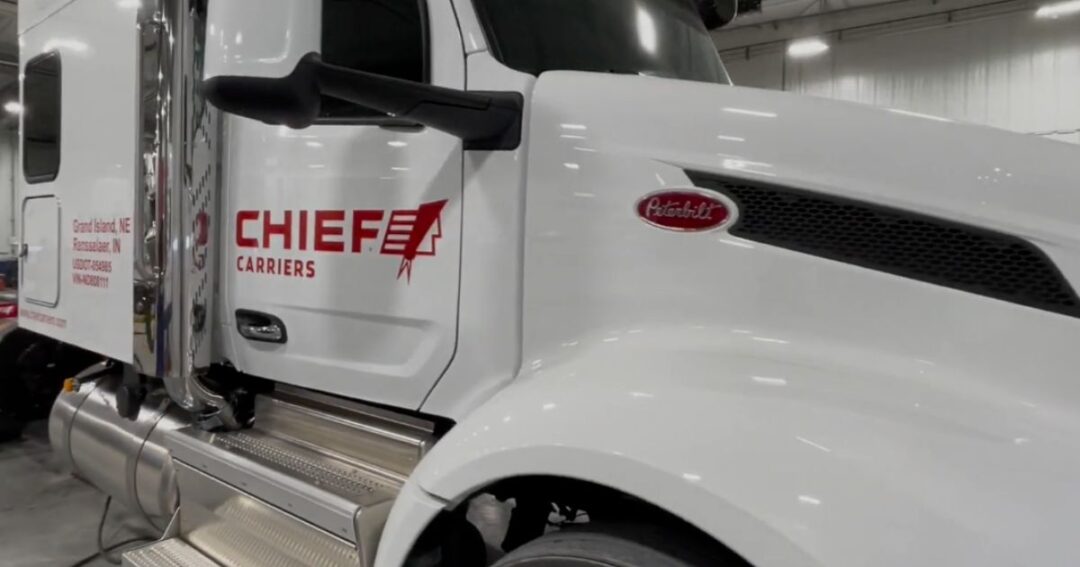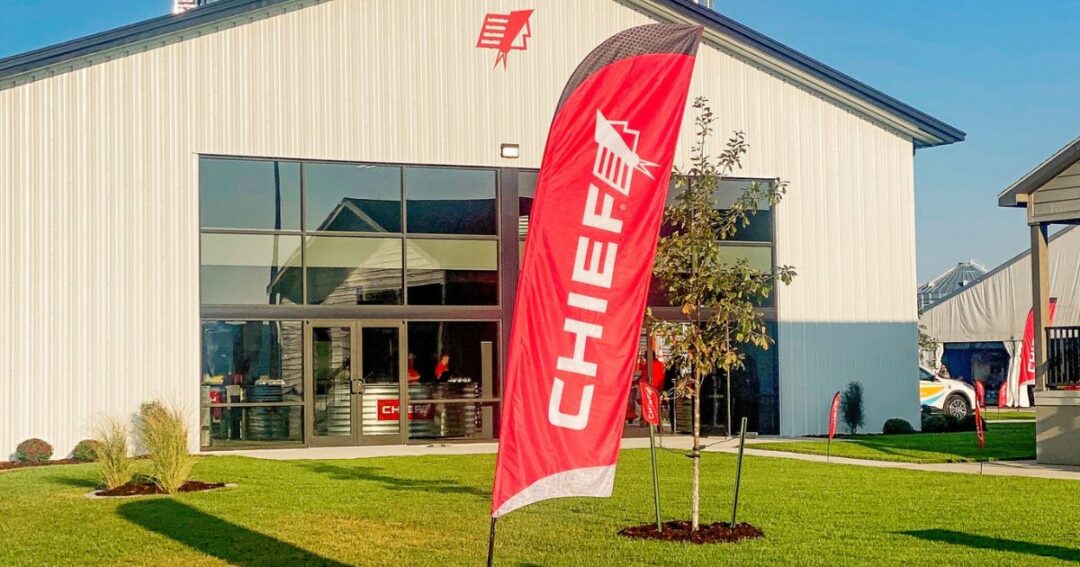Unveiling Trucking Truths and Taboos in the Industry
What are the most common truckling truths and taboos? The trucking industry is an indispensable part of the global economy, facilitating the seamless transport of goods over great distances.
Despite its critical role, the industry harbors several “trucking taboos” — key issues rarely discussed openly yet profoundly affecting the sector and the lives of truck drivers.
The episode of Driven Too Far aims to explore these crucial but overlooked topics, illuminating the obscured challenges drivers contend with and their wider impact on the industry.
By addressing these issues, we can better understand the complexities of trucking and strive for improvements that benefit everyone involved.
Trucking Truth: The Unspoken Reality of Substance Abuse
One of the most significant yet under-discussed issues in trucking is substance abuse. Andrew Winkler of Chief Carriers brings this to the forefront, highlighting how prevalent drug use is within the sector.
According to recent statistics, a substantial percentage of drug tests return positive for substances like marijuana, cocaine, methamphetamine, and amphetamines. These figures are particularly alarming considering the critical responsibility truck drivers hold.
Despite the stereotype that drug use is rampant among drivers, Winkler notes that it’s a minority involved in these activities.
However, the general public’s perception tends to exaggerate the extent of the problem, casting a shadow over the entire profession and contributing to the stigma associated with truck driving.
The Impact of Regulatory Changes on Drug Policy
The recent DEA reclassification of marijuana from a Schedule I to a Schedule III drug has sparked significant discussion regarding its impact on the trucking industry.
Despite this policy shift, the trucking sector’s stance on marijuana use remains stringent due to the absence of reliable impairment testing methods.
Without a way to accurately assess impairment pre-duty, the legalization status of marijuana continues unchanged within the industry. Adding to the regulatory landscape is the 2020 introduction of the FMCSA’s Drug Clearinghouse, which has further tightened controls.
This implementation makes it increasingly difficult for drivers who have failed drug tests to move undetected between jobs. These changes underscore a growing focus on safety and compliance in trucking, reflecting the industry’s ongoing commitment to maintaining public and roadway safety.

Addressing Industry Challenges: E-log Manipulation and Safety Concerns
Cheating on electronic logging devices (E-logs) is a controversial issue within trucking. Originally intended to improve adherence to hours-of-service regulations, the shift from paper to electronic logs has not been foolproof.
Some drivers manipulate these systems, endangering public safety and violating labor standards. Common methods of circumvention include deactivating the E-log device or misusing the personal conveyance mode to unlawfully extend driving hours.
These actions not only heighten safety risks but also erode efforts toward fair labor practices. By undermining the integrity of regulatory compliances, such practices challenge the core objective of E-logs, which is to foster a safer and more accountable trucking industry.
This ongoing issue highlights the need for continual enhancements in monitoring technologies and regulatory enforcement to uphold safety standards and protect honest labor within the sector.
Confronting High Driver Turnover
Driver turnover remains a significant challenge in the trucking industry, persistently affecting its stability and efficiency. Despite numerous retention initiatives, turnover rates remain alarmingly high.
While discussions often consider external factors like compensation and benefits, the true causes of turnover often delve deeper, involving more personal and complex issues.

External Factors in Driver Turnover in the Trucking Industry
These could include work-life balance, job satisfaction, respect from management, and the fit between job demands and personal life. Understanding these intricate factors necessitates a closer examination of the drivers’ experiences and the overall working environment they navigate daily.
Addressing these root causes holistically is crucial for truly impacting turnover rates and enhancing driver retention in meaningful, enduring ways. This approach involves not just improving job incentives but also fostering a supportive, respectful workplace that aligns with drivers’ needs and lifestyles.
Trucking Industry Career Changes
Many drivers attribute departure from their positions to lifestyle changes, aspiring for more home time or an improved work-life balance. However, as Winkler points out, the expressed reasons can sometimes obscure deeper, unspoken motivations.
Discontent with the employer or the enticement of seemingly superior opportunities elsewhere might be the real drivers. This discrepancy between stated and actual reasons for leaving a job complicates efforts by employers to genuinely understand and address employee grievances.
When drivers aren’t fully transparent, it impedes the ability of companies to effectively tackle the root causes of dissatisfaction and implement targeted retention strategies.
Thus, fostering an open, honest communication culture is essential for understanding and improving the factors that genuinely influence driver retention, providing a more stable and fulfilling work environment.

Tackling the Pay and Respect Challenges in Driver Lifestyle
Compensation and respect play crucial roles in retaining skilled drivers within the trucking industry. While competitive pay is essential to attract and maintain a workforce, the way drivers are treated is equally critical.
Drivers must feel valued and respected as integral members of the team. This includes engaging in respectful interactions, acknowledging their contributions, and ensuring they are treated fairly.
Benefits of Positive Reinforcement
Such positive reinforcement fosters a rewarding driver lifestyle that can significantly influence their decisions to remain with a company. When drivers perceive that they are respected and appreciated, their job satisfaction increases, reducing the likelihood of turnover.
Therefore, companies must prioritize creating a supportive environment where drivers feel genuinely respected, further enhancing their commitment and loyalty to the organization. This approach not only improves retention but also boosts the overall morale and productivity of the workforce.
Expectations and Promoting Career Growth in Your Driver Lifestyle
Lastly, unmet expectations, particularly those set during the recruitment phase, contribute significantly to driver dissatisfaction.
Transparency in the recruitment process and alignment between what is promised and what is delivered can greatly improve driver retention. Additionally, providing clear pathways for career advancement can help maintain driver engagement and loyalty.

Moving Forward with Transparency and Integrity
The trucking industry faces numerous challenges, from dealing with the stigma of substance abuse to navigating the complexities of E-log compliance and addressing high turnover rates.
By confronting these trucking taboos head-on and promoting a culture of transparency and integrity, the industry can foster a more sustainable and driver-friendly environment.
Embracing these changes not only improves the public perception of the industry but also enhances the everyday lives of those who keep our goods moving.
By addressing these critical issues, we can work toward a more equitable and sustainable future for all members of the trucking community, ensuring that the industry remains a reliable backbone of the global economy while also improving the driver’s lifestyle.
More Trucking Truths and Driver Lifestyle with Driven Too Far
Together, let’s drive towards a future where trucking is not just a job but a rewarding and respected career. Contact Chief Carriers today.
For a more in-depth exploration of these topics and to hear more stories from the road, I invite you to listen to the full episode of “Driven Too Far: The Truth About Trucking.” You can find it on our website, as well as on Spotify, Apple Podcasts, and YouTube. Each episode is designed to give you the insights and advice you need to navigate the trucking industry’s challenges.

